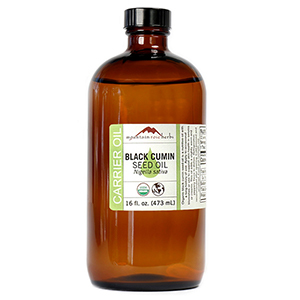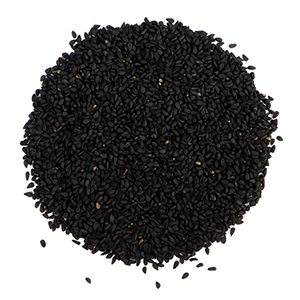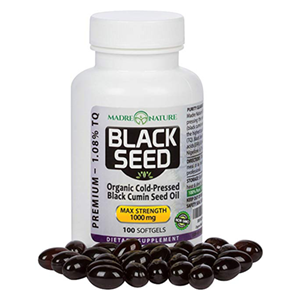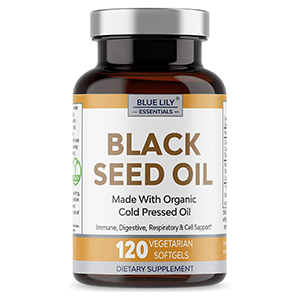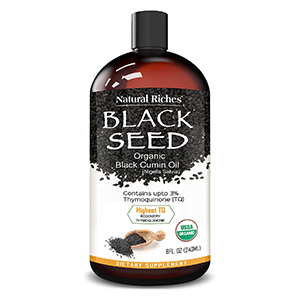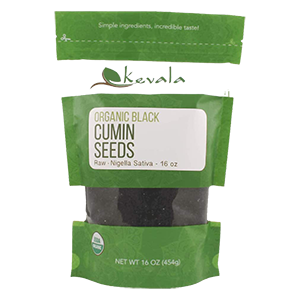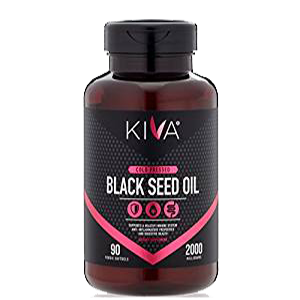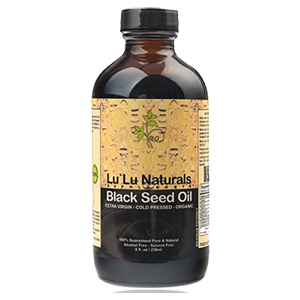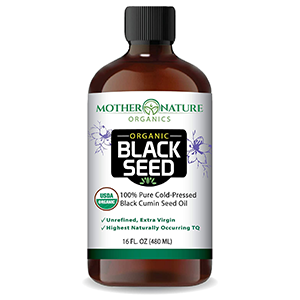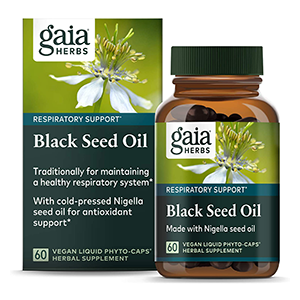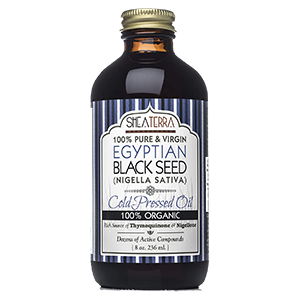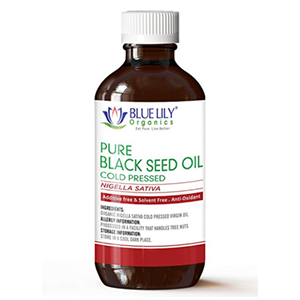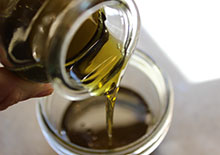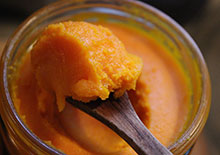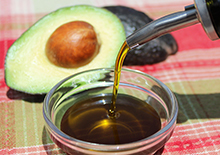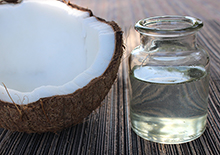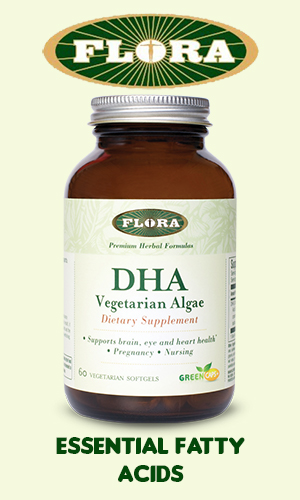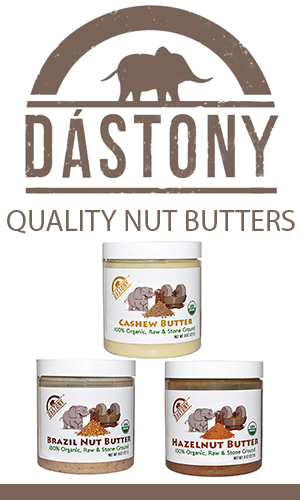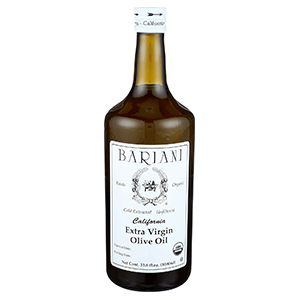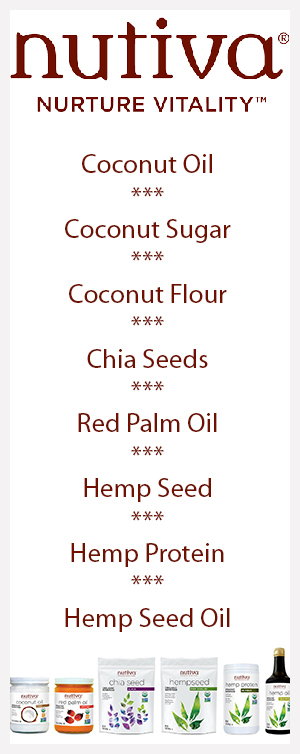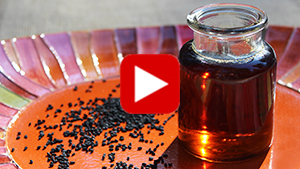Black Seed Oil Benefits for Respiratory Support
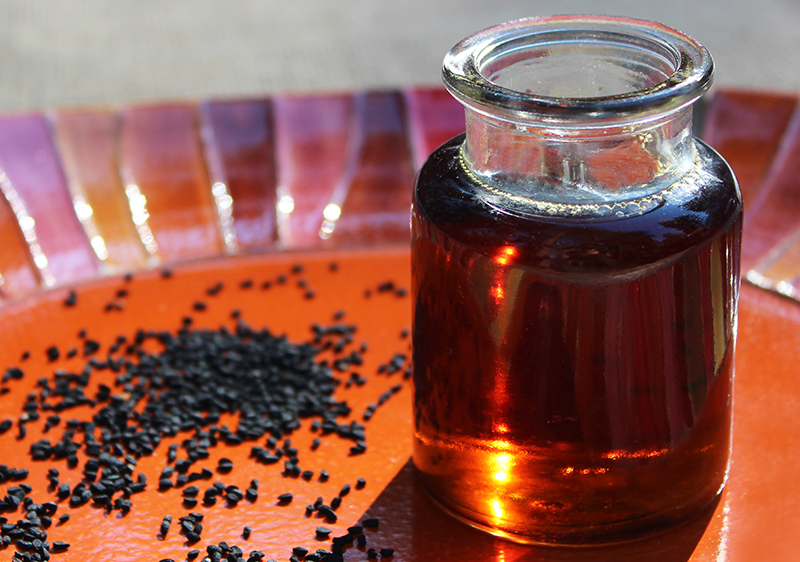
Black seed oil comes from black seeds (Nigella sativa), also called black cumin seed. It is, however, unrelated to the cumin spice species which is from the carrot family.
The genus Nigella is in the buttercup family, along with other herbs like black cohosh and goldenseal.
The oil extracted from black seeds has become a highly prized medicinal oil and popular modern-day dietary supplement for use in small quantities.
Table of Contents
Intro | Properties for Respiratory System | How to Use | Precautions | Shop
It has a slightly bitter and peppery taste that can leave a minor burning sensation in the back of the throat. This is a sign of quality and indication that strong healthful substances are present. The flavor resembles the herbs oregano and thyme.
Although use of the concentrated oil is becoming increasingly more common, black cumin seeds themselves have been widely revered and consumed throughout history for their nutritive properties.
In India and parts of the Middle East, black seeds are referred to as "kalonji" and considered a universal folk remedy. The famous saying reported in the Sahih al-Bukhari (a collection of proverbs and deeds of the Prophet Muhammad) states, "There is healing in black cumin for all diseases except death."
The seeds are rich in many nutrients and unique phytochemicals which is what is proposed to give them such a wide range of uses. Nigella sativa is in fact probably one of the most highly respected nutraceutical plants, especially in communities extending from the Middle East to South Asia.
Crushed seeds are traditionally utilized as an herbal substance added to hot water or in a honey-propolis combination. Seeds are also typically used as a culinary spice sprinkled whole or ground over desserts, baked goods and curries.
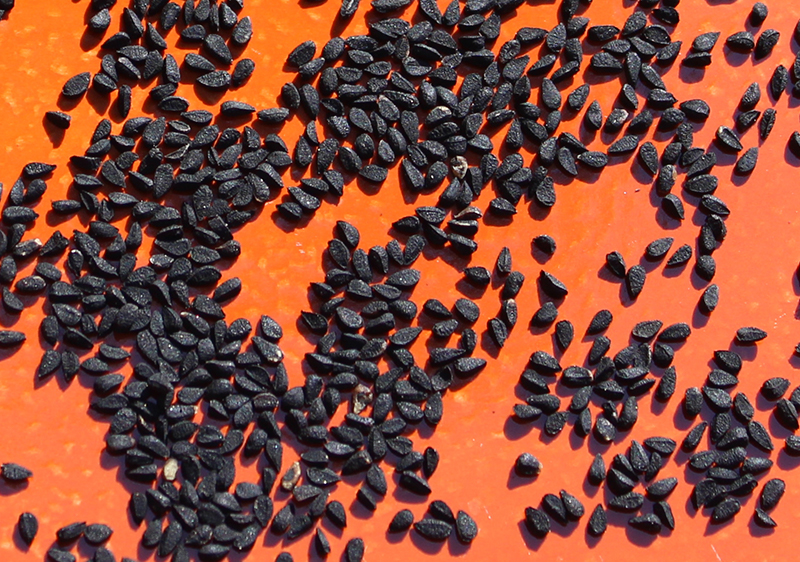
Black Seed Oil for Respiratory and Immune Support
The main active and researched compounds in black seeds include thymoquinone, nigellone, nigellidine and thymol. These are some of the antioxidative, antimicrobial and anti-inflammatory components that give the seeds and particularly the concentrated seed oil and supplements their medicinal qualities.
While there is a long list of claimed health benefits that black seed is historically known for, top among these attributes is Nigella sativa's valued support to the respiratory system.
In today's world, with lung health and maintenance being more vital than ever before, black cumin oil might indeed be something to consider for intermittent periods, if appropriate. This of course goes hand in hand with daily exercise and implementing healthy diet and lifestyle choices.
Supplementation is known to help clear sinuses and respiratory pathways, ease breathing and support immune functions.
Likewise, black seed oil is reported to have a therapeutic impact on sinusitis and, although more research is required, many compounds in N. sativa, like thymoquinone, are believed to foster the regulation of "inflammatory cytokines" involved in certain respiratory disorders. (Source)
As mentioned, black seeds can also be ground and prepared with honey for added nutritive attributes for the respiratory tract.
While more science-based evidence is needed, in one trial study, a ratio of one gram honey to 80 milligrams of black seed was investigated as a supportive amount for certain immunocompromised conditions.
In some folk traditions, the oil is also used topically on the chest as a vapor rub.
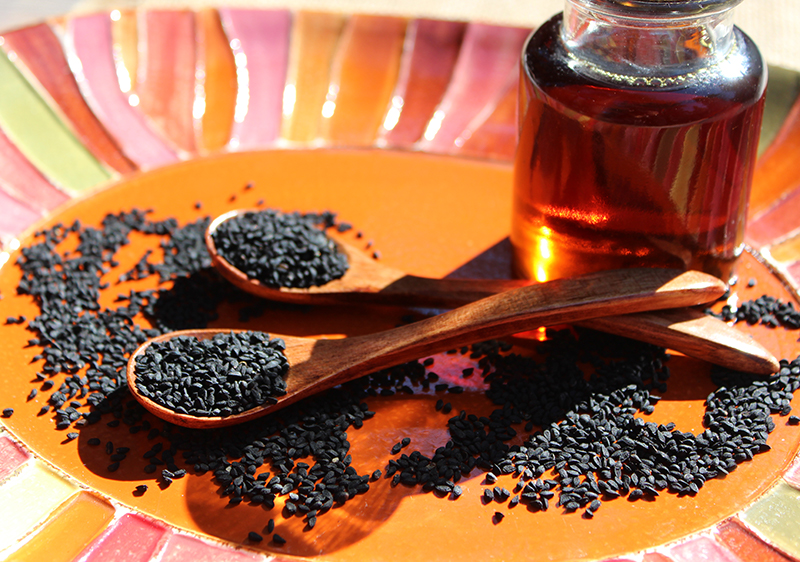
How to Use Black Seed Oil
Different than culinary oils, like olive oil, coconut oil, ghee or avocado oil, black seed oil should be taken in small amounts. Usually, a standard amount is one or two teaspoons (5-10g) daily for periodic use.
Because it has a stronger flavor, some people prefer to take it in soft gel capsule form. We personally, however, like to taste the oil in the mouth to experience its unique sinus and throat clearing influence.
It is best to store black seed oil in a refrigerated environment after opening. We highly advise organic, unrefined, cold-pressed virgin oils as they are more apt to provide a full spectrum of constituents.
Precautions:
For some individuals, black seed oil may cause skin irritation or allergic rash when used topically or taken by mouth. It should be avoided when pregnant or nursing. Consult your health care professional before using black seed oil if you have a serious medicinal condition or are taking any medications.
Shop Related Products (About Affiliates & Amazon Associate Paid Links)
Affiliate Disclaimer: This section contains affiliate product links. If you make a purchase through our recommended links, we receive a small commission at no additional cost to you. Thanks for the support.

